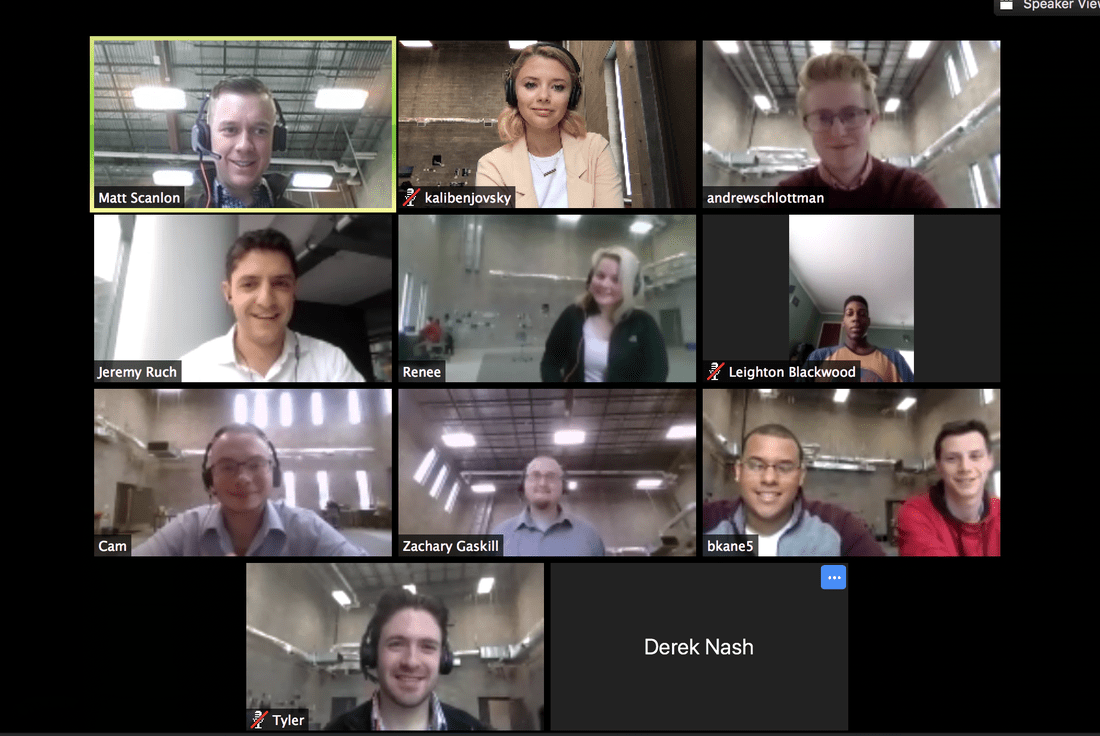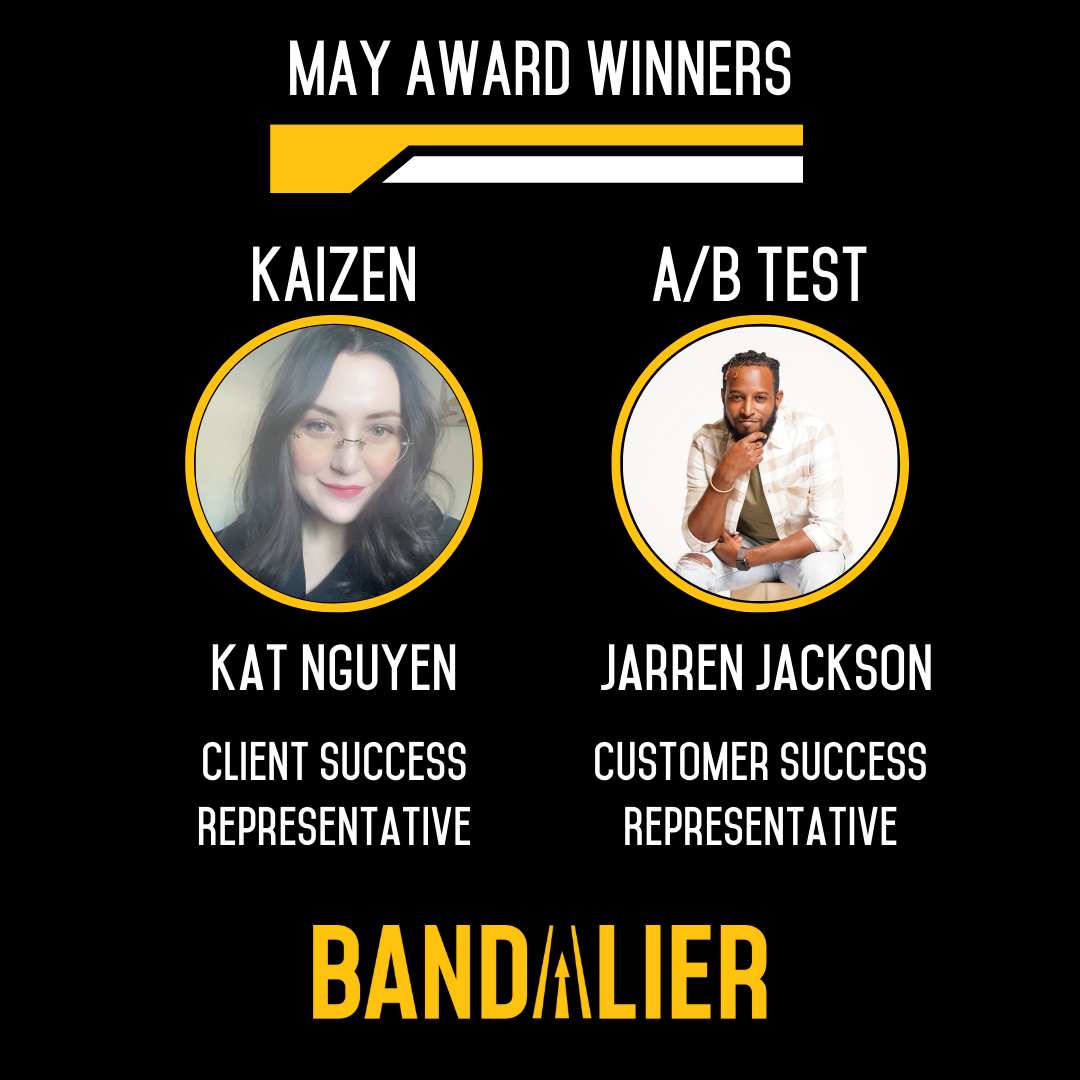Many companies have values that consist of important but fairly generic buzzwords: ‘ethics’, ‘integrity’, and ‘teamwork’ are some of the common suspects. To be clear, there’s nothing wrong with these – they just don’t do much to differentiate a company from any one of the myriad of other corporate entities that (purport to) care about the same things.
When the team sat down to determine the values that would define the way we approach work at Bandalier, we were determined to find a set of values for which we were willing to sacrifice. We settled on one core principle: kaizen.
Kaizen, a Japanese word meaning “continuous improvement”, is a principle that originates in manufacturing. Continuous improvement was introduced in World War II when U.S. factories, newly repurposed for wartime, needed to find creative ways to improve efficiency. Instead of wholesale changes that would take a lot of time and capital to implement, they looked for small tweaks that could help eliminate waste.
Assembly line employees, used to focusing exclusively on execution, were now encouraged to ‘stop the line’ if they had a suggestion that could improve the efficiency of the overall process. The new principle proved so successful that American business advisors introduced it to newly reborn Japanese auto factories after the war, where it was christened “kaizen.”
Like traditional manufacturing organizations, many outsourcing companies have been focused for decades almost exclusively either on execution or top-down innovation. Call centers, for instance, are notorious for emphasizing “total dials” or “talk time” at the expense of employee-driven innovation that can help improve efficiency.
By contrast, at Bandalier, we’ve placed our Kaizen value system at the core of everything we do, from recruiting new employees to executing outbound campaigns. Our interviews are designed to select for “innovators”, or folks who think critically about processes they are executing and methods of improving their team’s performance. And once our team members are onboarded, they are asked to come to biweekly team meetings with a “kaizen”, or a suggestion for a process improvement that can save the company time or money. Successful kaizens thus far have included a new process for scripting calls as well as a new framework for setting company goals.
We believe “the new American workplace” will prioritize long-term efficiency over short-term output. For more on kaizen in practice, check out this clip from Top Gear. We’d love to hear your thoughts!














